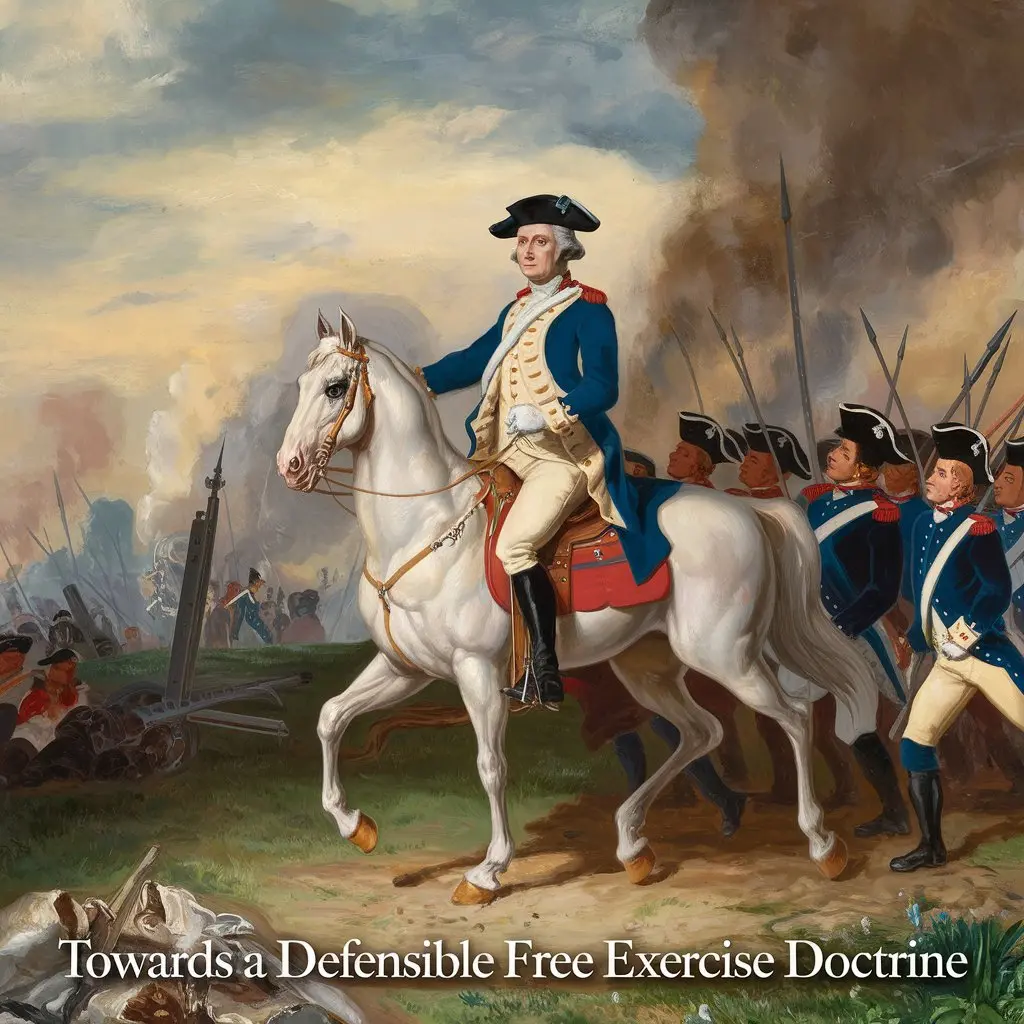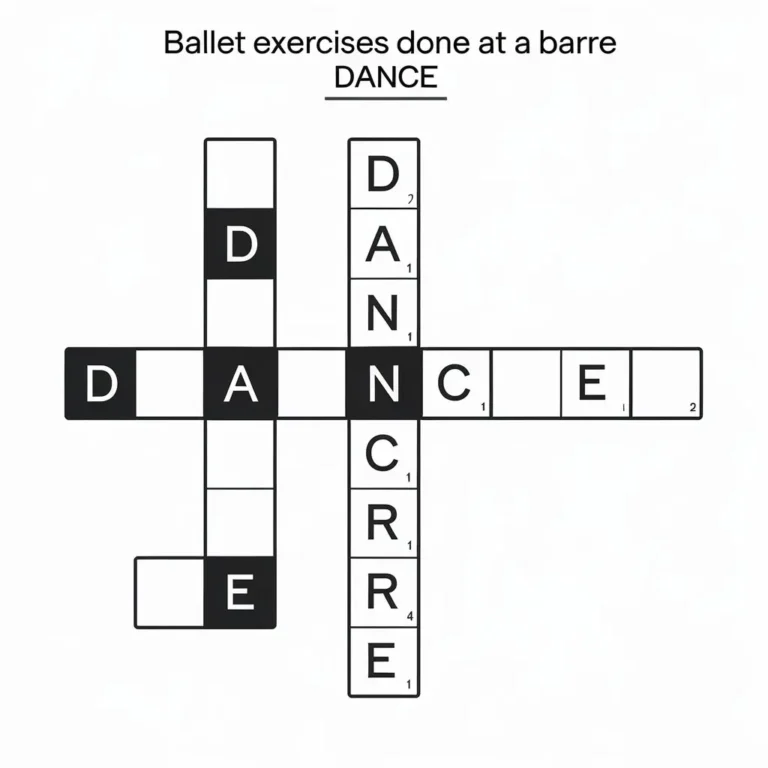What are the insights towards a defensible free exercise doctrine george washington
he Free Exercise Clause in the First Amendment protects religious freedoms. This doctrine allows people to practice their faith freely. Understanding this principle can guide how we apply religious rights today.
George Washington’s Beliefs on Religion and Freedom
George Washington valued religious liberty. He believed that everyone should have the right to follow their own faith. His views shaped how the country approached religious freedom in its early years.
Washington’s Influence on Religious Tolerance
Washington’s leadership encouraged religious tolerance. He wanted all religions to coexist peacefully in the United States. His policies fostered an atmosphere where diverse beliefs could thrive.
Washington’s Letter to the Hebrew Congregation
In 1790, Washington wrote to the Hebrew Congregation of Newport. His letter expressed his commitment to religious freedom for all faiths. It demonstrated his belief in the right to worship without fear.
The Role of Government in Religious Freedom
Washington believed the government should not interfere with religion. He felt the state should protect, not control, religious practices. This view laid the foundation for the separation of church and state.
Washington’s Views on National Unity and Religion
Washington thought religious freedom contributed to national unity. He encouraged people of different faiths to work together for the common good. His leadership promoted harmony in a religiously diverse nation.
Defensible Free Exercise Doctrine: Key Insights
A defensible Free Exercise Doctrine requires clarity and fairness. Washington’s ideas offer key insights. His emphasis on protecting all faiths equally is essential for maintaining religious liberty.
Balancing Religious Freedom with the Law
Washington believed that religious freedom must coexist with the law. He saw no conflict between personal beliefs and public order. This balance remains crucial in modern debates about religious rights.
Importance of Individual Rights
Washington supported individual rights. He believed every person had the right to practice their religion without interference. This principle is central to a defensible Free Exercise Doctrine.
Washington’s Advocacy for Religious Pluralism
Religious pluralism meant a great deal to Washington. He encouraged acceptance of all faiths, not just the dominant ones. His approach continues to guide modern interpretations of religious liberty.
How Washington’s Actions Influenced Future Leaders
Washington set a strong example for future leaders. His commitment to religious freedom influenced other presidents. Many of them followed his model in supporting the free exercise of religion.
Free Exercise and the American Constitution
The Constitution reflects Washington’s views on religious freedom. It guarantees that all citizens can practice their religion freely. His vision shaped the protections we now enjoy under the law.
Challenges to the Free Exercise Doctrine
Throughout history, there have been challenges to religious freedom. Washington’s ideas can help address these challenges. A clear, fair doctrine should continue to protect everyone’s right to worship.
Modern Applications of Washington’s Ideas
In today’s society, Washington’s ideas remain relevant. His insights on religious freedom provide guidance in a multicultural world. We can apply his principles to current issues involving religious rights.
Washington’s Legacy in Religious Freedom
George Washington’s legacy in religious freedom is lasting. His leadership shaped the nation’s approach to protecting diverse beliefs. His vision continues to influence discussions on the Free Exercise Doctrine today.
Conclusion
George Washington’s commitment to religious liberty provides valuable insights. His approach emphasized tolerance, individual rights, and national unity. These principles remain essential for a defensible Free Exercise Doctrine. By looking to Washington’s example, we can ensure that religious freedom continues to thrive in modern society.







